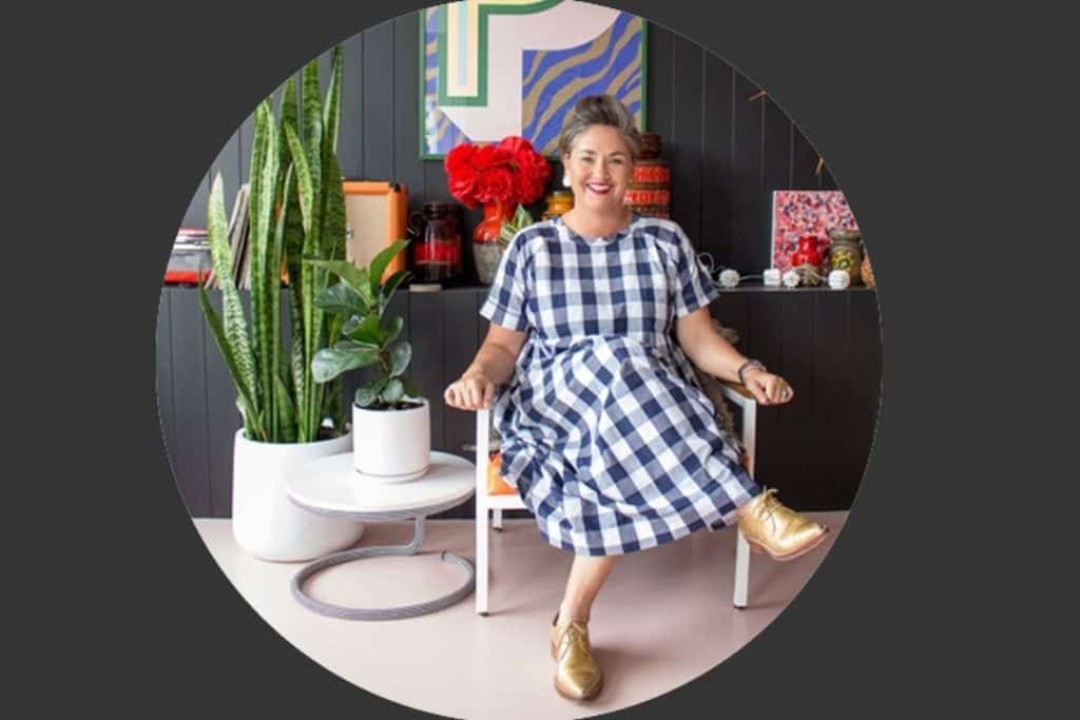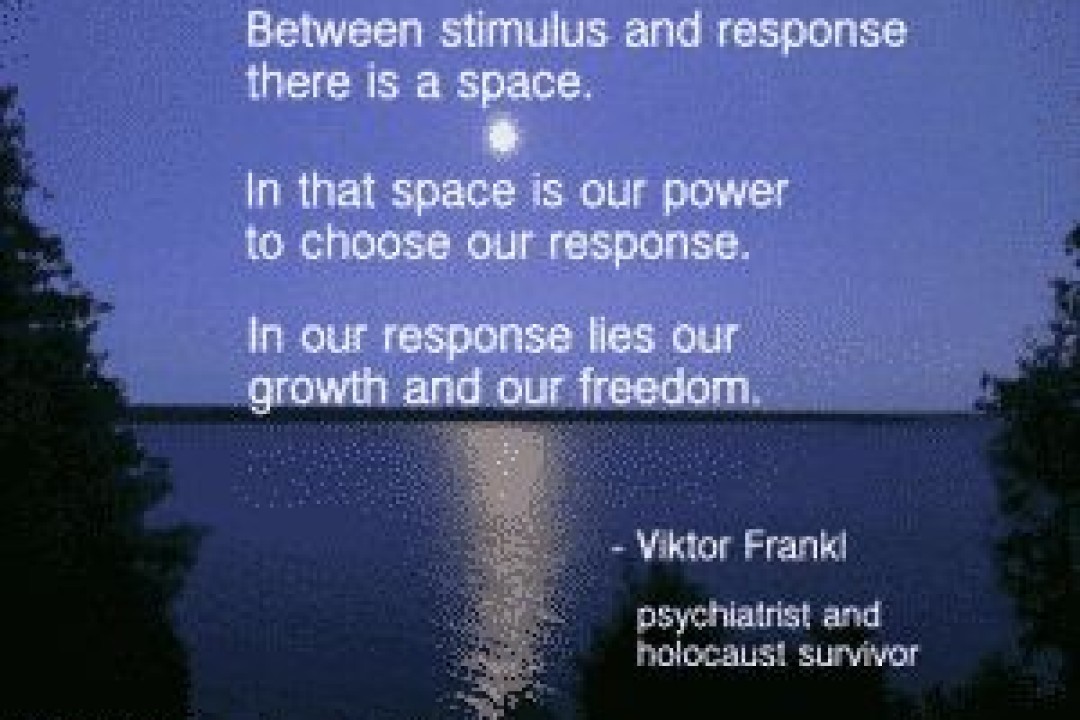Ask An Expert: Selina (Addiction Clinician)
September 3rd, 2017 Interviews 1 comment
Today’s expert is Selina, an ACC counsellor and Addiction Clinician/Clinical Supervisor working in Private Practice in the Southland region.
========
Mrs D: How are you put in contact with people who have a problem with alcohol?
Selina: Through either self-referral or from agencies or businesses that wish to support their staff that are having issues with alcohol and or drugs (AOD).
Mrs D: What sort of approach do you take with someone when you first meet them?
Selina: Always a client centred approach. This is a Carl Rogers theory, that suggests the counsellor focus on the clients view of the world (this is a very general summary). In my opinion this is a gentle way to allow the process of building rapport to happen.
Mrs D: How important is it to build a good rapport between clinician and client?
Selina: Extremely important to seek to build rapport, it can take time and is valuable in creating and maintaining a therapeutic relationship.
Mrs D: Do you think people are always honest about their drinking habits?
Selina: Most people are honest about their AOD use, however at times where the referral comes from will dictate how comfortable a person feels about sharing their information. For example someone who has been referred by corrections and is on restrictions of ‘no alcohol use while on remand’ might not tell the truth initially. Usually this will change once rapport and trust has been built within the therapeutic relationship.
Mrs D: Is alcohol misuse the main problem they face? Or are there often other underlying issues they are battling?
Selina: Alcohol misuse is too general – in terms of being the main problem, although alcohol misuse is often the issue that will lead people to engage with services. However for people that regularly misuse alcohol there are often underlying issues that have led to serious alcohol use – issues that affect the functioning of the individual in a number of ways … their day to day functioning, legal issues, work place issues, mental health, physical health. All are examples of what may happen when a persons life is becoming unmanageable due to regular alcohol misuse.
Mrs D: What sort of impact can heavy alcohol use have on a person’s emotional wellbeing?
Selina: Regular heavy alcohol use can cause major health issues – physical and emotional. Alcohol is a central nervous system depressant. So while at times a heavy drinker may feel ‘good’ whilst intoxicated, the long term emotional health (or mental health) can be seriously affected and strongly dictate behavior and the emotional wellbeing of that person in many ways. Major depression is one of the symptoms often related to serious heavy alcohol use, however that is not to say that all heavy drinkers will suffer from depression. That is just one of the likely issues that can happen.
Mrs D: Often we think the alcohol is helping us deal with stress and negative emotions (I know I did), how do you work with people to turn their thinking around on this?
Selina: There is no one correct answer. However there is good evidence that shows particular therapies can have success when working with certain issues. AOD clinicians will be well aware of all the different evidence based addiction practices and can work with the person to determine which type of therapeutic modality suits them best. This is all part of the therapeutic process.
Mrs D: How important is community and the support of others in recovery to a person first setting out to get sober?
Selina: I believe it is very important in terms of the person learning to create a new life for themselves although some people may find it more helpful to maintain their current supports that may not be recovery based, i.e. Tikanga based treatment. Therapy can support the person to a place where they feel that they can put themselves in situations (maybe a recovery focused group) and around people that they are not familiar with. Also therapy can support a person to determine what boundaries they find are necessary for themselves in terms of people, places and things (i.e. who they accept in their space, where they accept is safe for them to be). An example could be about drinking buddies and after work drinks with the same people – therapy would be done on supporting the person to their own decision about whether that is a safe option for the time being while they are newly sober, or trying to gain abstinence.
Mrs D: Is there a ‘normal’ period of time that you would work with a person helping them recover from addiction?
Selina: I would say NO – that it should be a therapeutic decision between the clinician and client – however at times it can depend on what agency the person is engaged with and what that agency’s capacity is for helping the person continue in treatment. Also, the client’s own motivation to attend appointments can at times dictate how long treatment will continue.
Mrs D: What’s the best part of your job?
Selina: The smile in people’s hearts and on their faces when they have overcome an issue and or made progress on one of their goals.
Mrs D: Anything else you’d like to add?
Selina: I am passionate about fair and equal justice for all human beings, this includes the right to the best treatment for health related issues. I would strongly encourage any person seeking addictions treatment or any form of counselling to check their counsellor is registered (or a member) with a professional body such as dapaanz. This means that the counsellor is not only responsible to their employer and the health and disabilities commission, but also they will be monitored (in terms of their ethics and competency to practice) by their professional body. If the counsellor is not a member or registered with a professional body, just remember you have the right to ask why. All professional bodies will have websites that you can check on.
Lastly I’d just like to add that I love working with people and feel extremely privileged and honoured if asked to walk alongside them in their journey.
Many blessings on your journey…
Continue reading
Sober Story: Alex
"I have had the odd time when I’ve thought it would be nice to have a drink but it quickly disappears because I prefer ‘sober me’."
September 30, 2023 – 2 comments
Ask An Expert: Cheryl (Mindfulness teacher)
Today’s expert is Cheryl – a mindfulness practitioner who runs courses and retreats through her company Mindfulness 4u.
March 8, 2017 – 8 comments
Orange Ginger Fizz
I made this when I didn’t have any special ingredients in the house but felt like making myself a lovely mocktail.
October 4, 2019 – 1 comment



